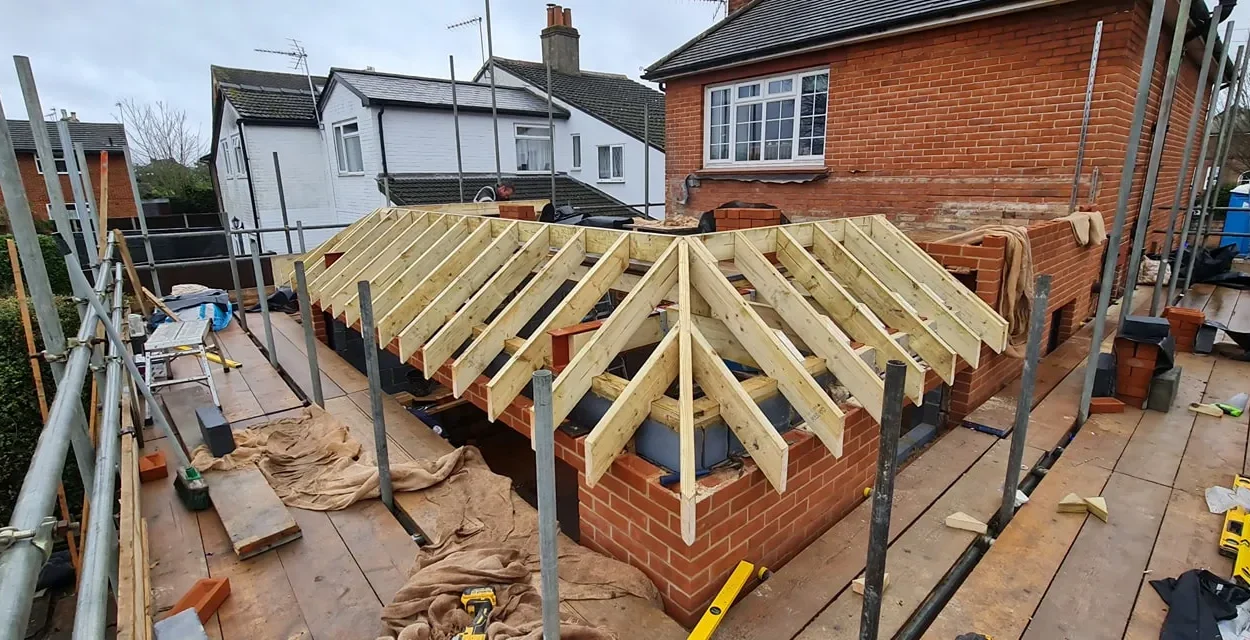In today’s digital-first world, real estate marketing isn’t just about postcards and open houses. Buyers and sellers alike are turning to Google for everything — from “best time to sell a house” to “how to invest in real estate.” That’s where blogging becomes one of the most powerful tools in your real estate SEO arsenal.
Done right, blogging helps you build trust, attract organic traffic, and rank for valuable long-tail keywords that convert into clients.
Let’s break down why every real estate agency needs a blogging strategy and how to execute it for maximum impact.
Why Blogging Works in Real Estate
A blog isn’t just a content dump. It’s a structured opportunity to:
-
Answer common client questions
-
Target hyper-local search phrases
-
Build topical authority
-
Rank for long-tail keywords
-
Show off listings and client success stories
Google loves fresh, relevant content. And that’s exactly what consistent blogging provides — signals that your site is active and authoritative, a key part of any successful real estate SEO strategy.
What Should Real Estate Agents Blog About?
Blogging isn’t about writing fluff — it’s about solving problems and providing real value. Here are content categories proven to work:
1. Local Area Guides
People want to know what it’s like to live in your city or neighborhood. Write about:
-
“Top 5 Neighborhoods in [City] for Families”
-
“Moving to [City]? Here’s What You Need to Know”
-
“Best Coffee Shops in [Neighborhood]”
These help you rank for location-based searches and improve local SEO for real estate.
2. How-To Content
Educate your audience with content like:
-
“How to Stage Your Home for a Faster Sale”
-
“Steps to Buying a Home in [City]”
-
“How to Qualify for a Mortgage in Today’s Market”
These searches are common among motivated leads and bring in high-quality traffic, especially for those doing SEO for real estate websites.
3. Market Updates
Monthly or quarterly market updates boost your credibility and keep people returning for insights:
-
“Phoenix Real Estate Market – July 2025”
-
“Price Trends for Scottsdale Condos: Q2 Analysis”
It positions you as an authority and boosts your real estate SEO company brand presence.
Keyword Optimization in Blogs
You don’t need to stuff keywords into every sentence. Instead, focus on natural integration using terms like:
-
seo for real estate agents
-
real estate agent seo
-
seo services for real estate
-
real estate seo consultant
Include 2–3 of these in your blog content, along with localized terms and natural synonyms. Also, use variations like “buying property in [city]” or “top homes in [neighborhood]” to expand keyword targeting.
Structure for Real Estate Blog Posts
A winning blog post should include:
-
A keyword-optimized title (e.g., “Top 10 Home Upgrades That Boost Resale Value”)
-
An intro paragraph that includes the main keyword
-
Subheadings (H2s and H3s) to break up sections
-
Bullet points for easy reading
-
A CTA (call-to-action) to book a consultation, schedule a showing, or download a guide
This type of formatting is great for both user experience and SEO real estate marketing.
Internal Linking Strategy
Each blog post should link to:
-
Your main service pages (e.g., “Buy a Home” or “Home Valuation”)
-
Other related blog posts (e.g., “Best Time to Sell in [City]”)
-
Local landing pages (e.g., “Scottsdale Homes for Sale”)
This boosts engagement and helps spread link equity across your site — a trick used by every top real estate SEO agency.
Promote Your Blog Like a Pro
Writing is only half the battle. You also need to drive traffic to your posts. Use:
-
Facebook and Instagram to share new content
-
Email newsletters to drive consistent visits
-
Your Google Business Profile’s “Posts” feature
-
Syndication to LinkedIn and Medium (great for personal branding)
More eyeballs means more backlinks, which means stronger domain authority — a critical factor in outranking your competition on Google.
Measure the ROI of Blogging
Don’t blog blindly — track results:
-
Use Google Search Console to see what keywords are gaining traction
-
Track conversions from blog visits (appointments, leads, calls)
-
Use tools like Ahrefs or SEMrush to monitor organic keyword growth
Over time, your blog becomes a 24/7 lead magnet that builds equity in your brand and supercharges your SEO for real estate agents.
Final Thoughts
Blogging is no longer optional for modern real estate professionals — it’s a necessity. It builds traffic, trust, and conversions in a way no ad campaign ever could. Whether you write it yourself or hire a content team, the return on investment is massive.
When combined with comprehensive real estate SEO services, blogging becomes one of your most powerful tools for long-term success online.

